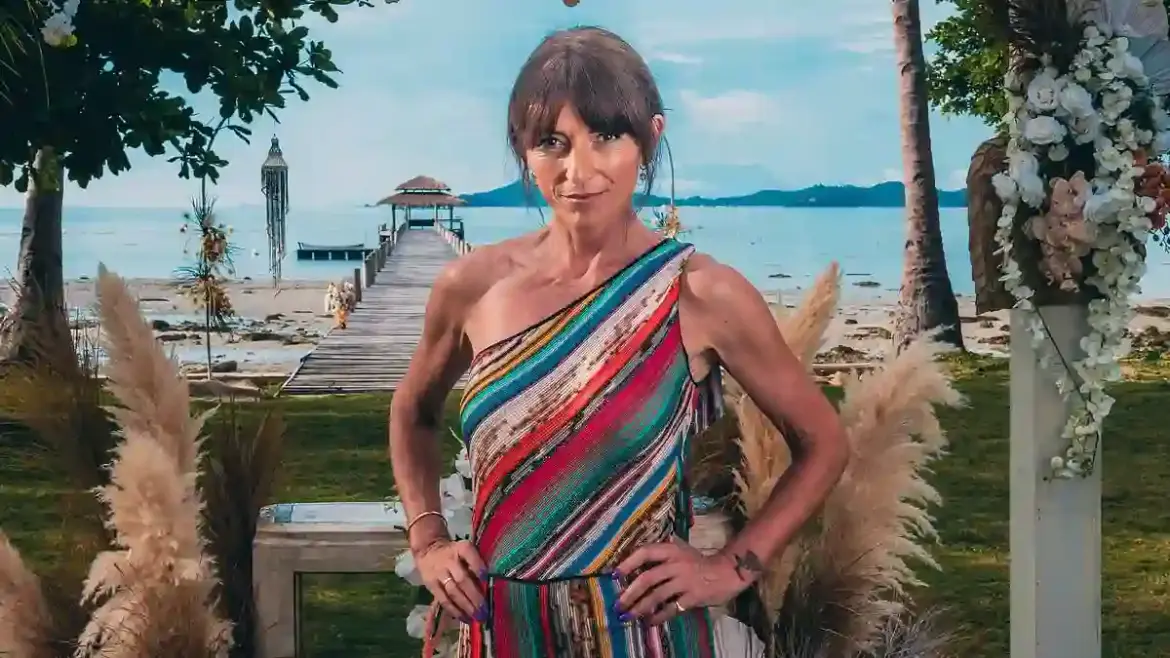Weddings are supposed to be about love, commitment, and the start of a shared life.
But on BBC1’s Stranded On Honeymoon Island, they’re treated more like a game show stunt than a sacred vow.
The show has sparked outrage for turning marriage into a social experiment that feels hollow, scripted, and, frankly, a little cruel.
A ‘Social Experiment’ or Just a Spectacle?
The series, which brands itself as a social experiment, feels less like genuine exploration and more like a manipulative slice of reality TV.
It takes the wedding ceremony—a deeply personal moment—and reduces it to a challenge, a party game, a novelty.
Viewers familiar with shows like Married At First Sight will recognise the formula: pairing strangers, creating drama, and watching emotions unfold in highly orchestrated ways.
But nothing on the BBC has felt this shallow or artificial before.
Speed-Dating Chaos in London
The series kicks off in London with a speed-dating event, hosted by Davina McCall, where a dozen or more contestants mingle.
One participant joked, “I’ve never done a speed date before because I always think they’re, like, murderers,” a line that, like much of the dialogue, comes across as scripted.
From there, producers select couples—but none of the participants knows who they’ll marry until they’re standing at the altar, a twist reminiscent of cult-like mass weddings from history, minus any religious justification.
A Beach, a Boat, and the Literal Plunge
The ceremony is officiated by Wenly, who reminds couples, “This marriage is not legally binding.”
Romantic? Hardly. Following this, the newly paired couples are whisked away to a deserted beach, fully clothed, for a literal “plunge” into the sea—an over-the-top stunt that seems designed purely for visual comedy rather than emotional impact.
Survival on an Empty Island
Once on the island, the couples must fend for themselves: building fires, foraging, and “surviving” with only a camera crew for company.
The format is an identikit mash-up of shows like First Dates and Bear Grylls’ survival challenges, stripped of heart and authenticity.
A Licence-Fee Funded Fiasco
If this were a low-budget streaming experiment, it might pass as tacky fun. But this is the BBC, supported by public licence fees.
Critics argue that turning marriage into a stunt show, complete with clumsy survival tasks and scripted lines, is a misuse of public funds.
What was once the broadcaster’s hallmark of polished, high-quality programming now feels like shallow spectacle designed to generate clicks rather than meaningful storytelling.
A Tacky Take on Tradition
Ultimately, Stranded On Honeymoon Island is a reminder of how far reality TV can stretch the concept of romance.
Weddings are not meant to be challenges or stunts—they’re commitments to be respected.
Yet the BBC has transformed them into something closer to a slapstick comedy, leaving viewers questioning how far public broadcasting has fallen.
